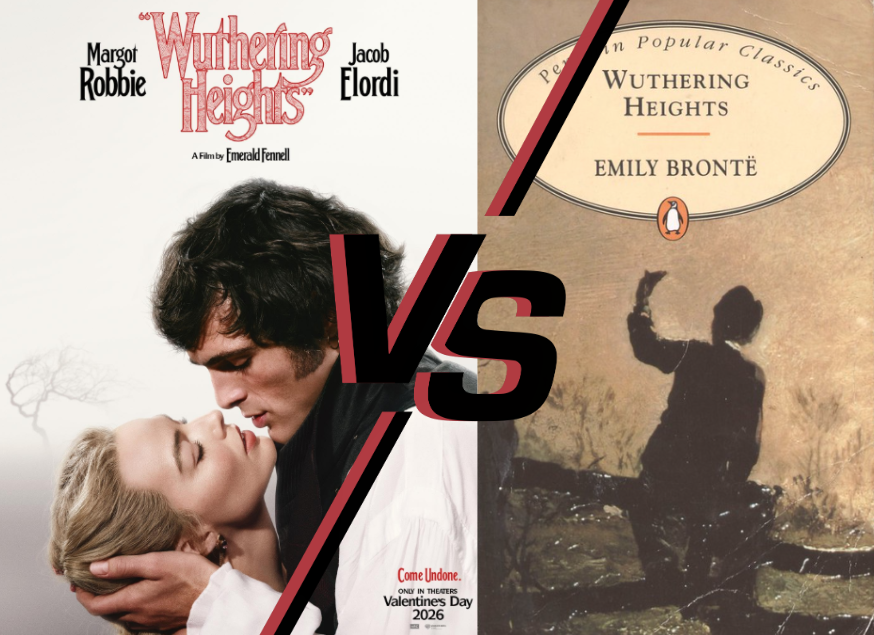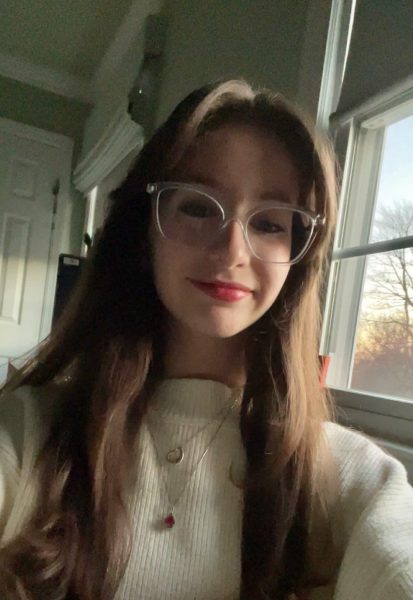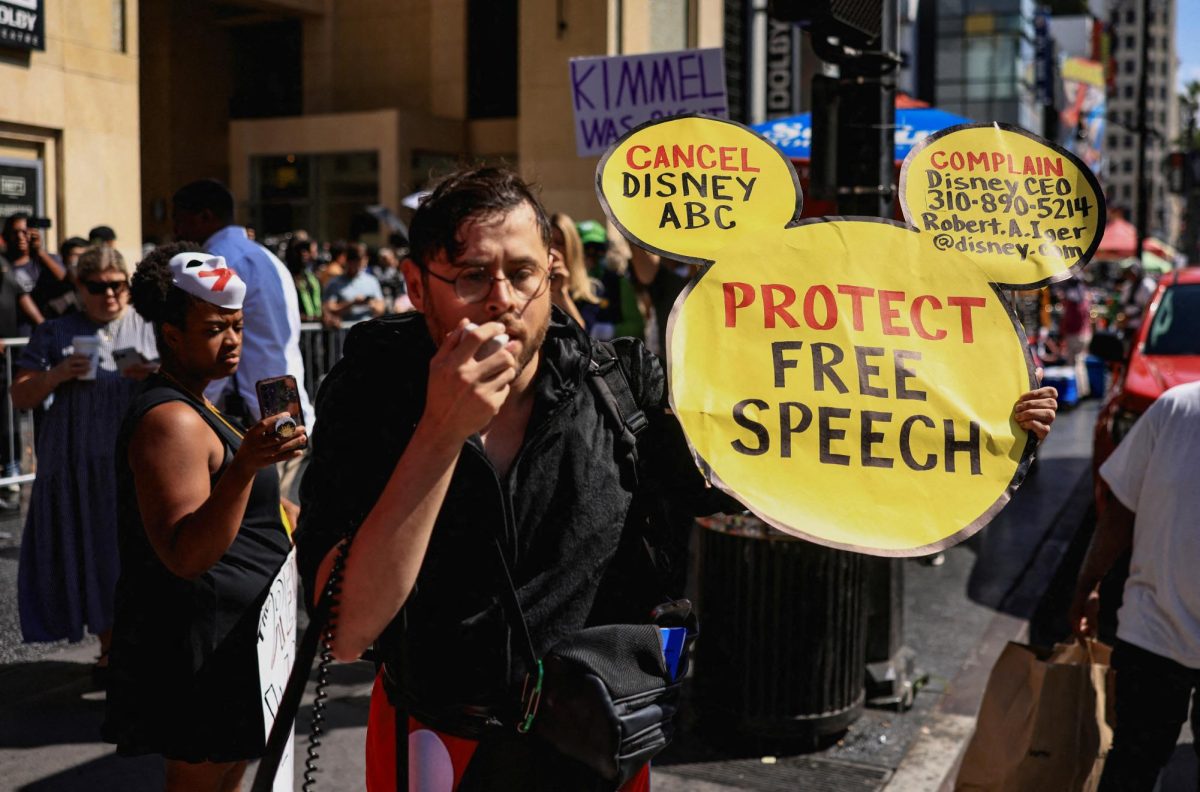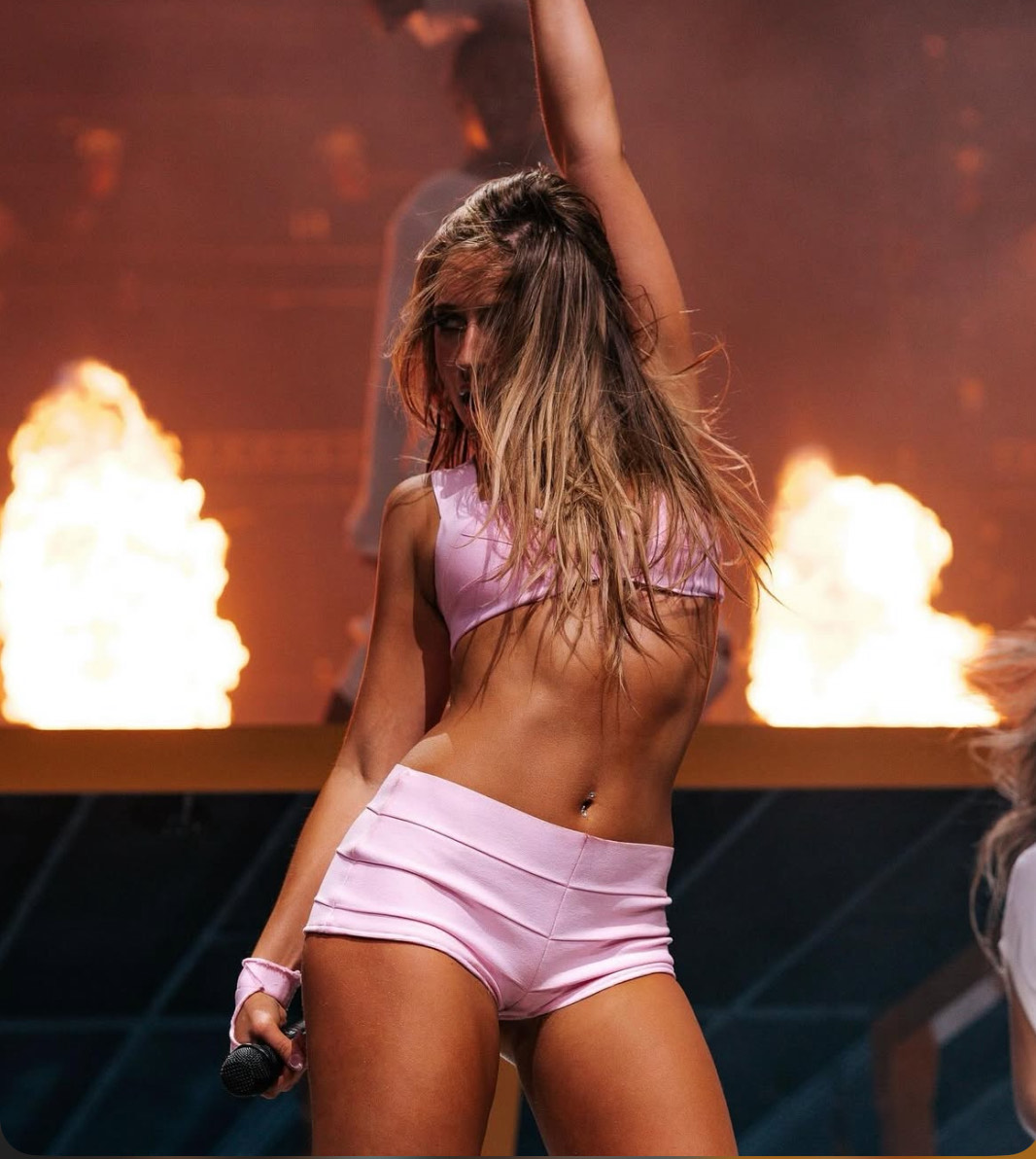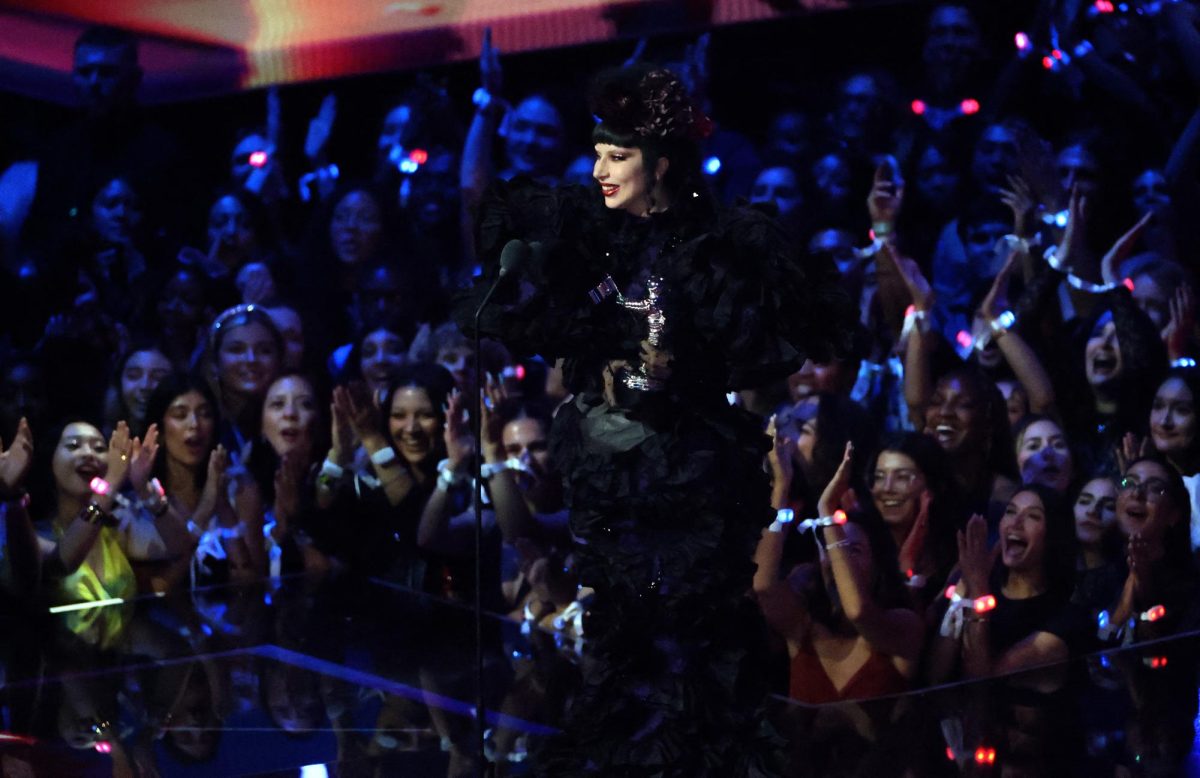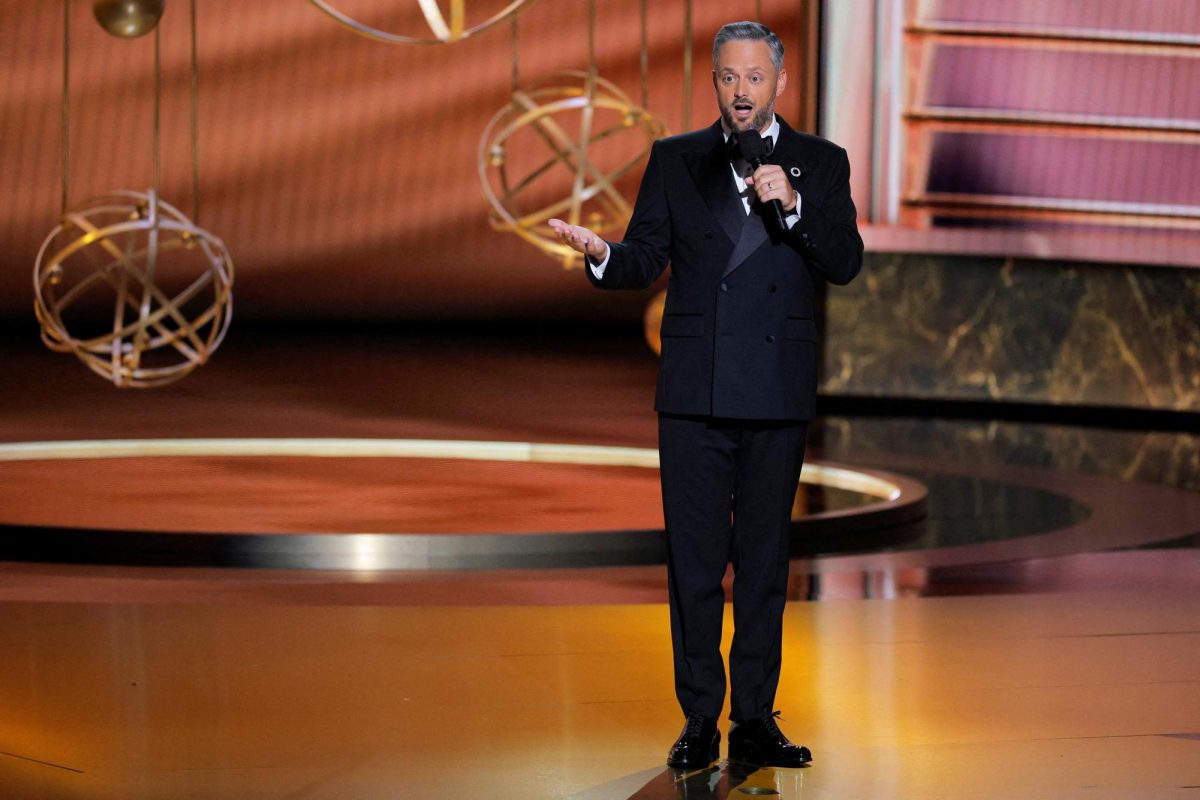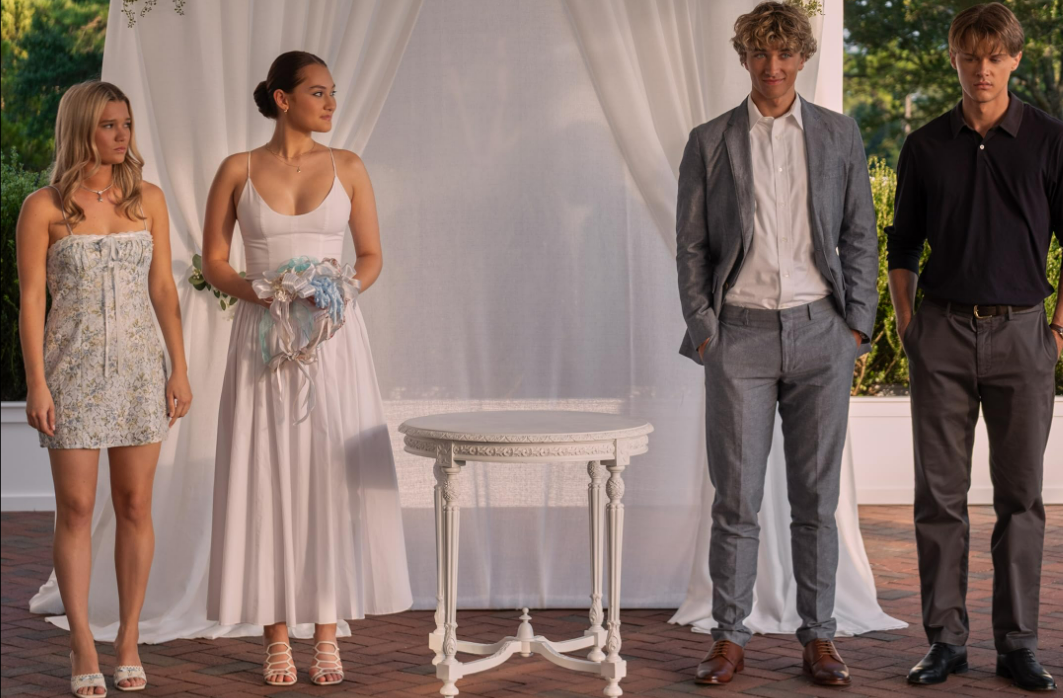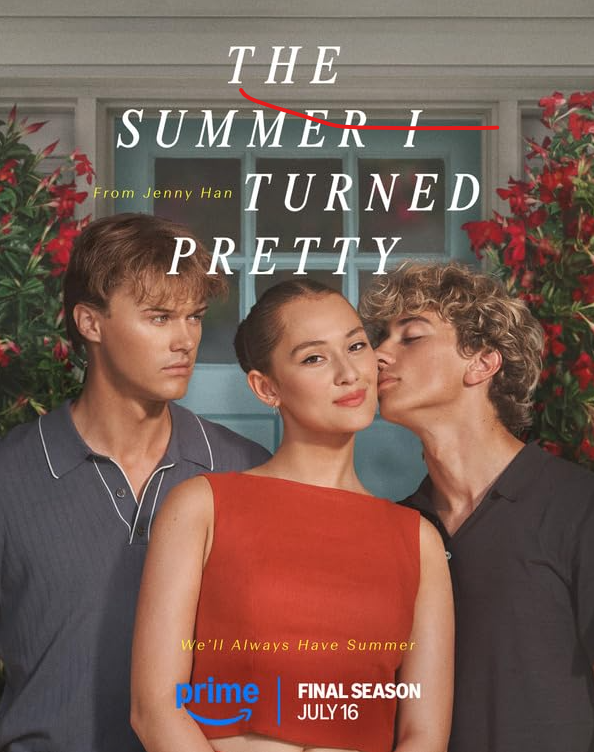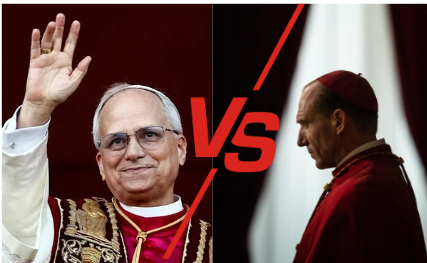The upcoming “Wuthering Heights” movie, set to release on Valentine’s Day 2026, has not even premiered yet, but is already causing major controversy among fans, teachers and film critics.
Directed by Emerald Fennell, the film stars Margot Robbie as Catherine Earnshaw and Jacob Elordi as Heathcliff in a modern retelling of Emily Brontë’s 1847 novel. The movie promises passion, heartbreak and chaos. However, audiences cannot seem to agree whether it is a true adaptation or just loosely inspired by the book.
From the moment the first trailer dropped in September, social media lit up with debates over how closely the movie sticks to the novel. Some say it is clearly a new interpretation, while others argue that if it carries the title “Wuthering Heights,” it should stay loyal to Brontë’s story.
Fennell has said to describe her film as being loosely inspired by the original, being more of a psychological dreamscape than a period drama. The idea has split fans into two sides—traditional book lovers and modern film enthusiasts.
Meanwhile, fans of Robbie and Elordi, both known for their intense screen presence, argue that the film’s bold approach is what makes it special. Some believe that the movie is a more exemplified version of the book, emphasizing the feeling of the chaos of love.
The divide between classic literature fans and modern moviegoers is growing online. BookTok is filled with reactions dissecting every frame of the trailer, while fans celebrate the casting and the film’s dark, seductive tone.
Some literary critics worry that Fennell’s interpretation focuses too much on aesthetic and romance, leaving out the deeper social and psychological struggles in the book, such as revenge, class and obsession. The original story is described as being about how destructive love can be. The book is not a fantasy, but a warning of what love can do to people. Many English teachers on social media share their fear that the movie will lose its impact.
Brontë’s “Wuthering Heights” is known for its gothic tone, tragic love and moral complexity. But translating that to film has always been a challenge. Some critics say this adaptation looks more like a dark romance thriller than a faithful retelling.
Still, Fennell and her team defend the changes, attempting to emphasise that passion and cruelty can coexist as described in an interview with Entertainment Weekly.
That approach is not new. Over the years, “Wuthering Heights” has been adapted dozens of times. From the 1939 black-and-white version starring Laurence Olivier to Andrea Arnold’s 2011 version, which emphasized racial and class tension. Fennell’s film, though, looks set to be the boldest yet, combining historical inspiration with modern cinematic style.
If one thing unites fans on both sides, it’s the remix of Charli XCX’s song “Everything is Romantic” featuring Caroline Polachek that plays in the movie trailer. The moody, distorted beat has become a viral hit on TikTok, with fans calling it the perfect soundtrack for heartbreak.
The remix, incorporating electronic sounds with gothic strings, captures the movie’s tone of both romance and discomfort. It really connects Fennell’s new take with the original book, highlighting that feeling of falling in love and falling apart at the same time.
The song’s popularity has helped fuel hype for the movie, even among people who have never read the novel. TikTok edits featuring Robbie and Elordi in the trailer’s foggy moor scenes have racked up millions of views.
Part of what is making this movie so controversial is how it bridges two very different audiences. For older readers and teachers, “Wuthering Heights” is a cornerstone of classic literature. For younger fans, it is a dramatic love story being reimagined for a new generation.
Every time a book becomes a movie, people argue about some aspect of it. But movies are not books—they are experiences. You cannot fit every chapter into two hours. “Wuthering Heights” is famously hard to adapt. With its layered narrators, time jumps and tragic themes, no film has ever fully captured its complexity. Fennell’s version seems to embrace that challenge by creating something both familiar and fresh.
In the end, the real power of this new version reminds people that love, art and storytelling still have the power to divide and connect viewers all at once.
And if the viral soundtrack is any clue, this Valentine’s Day might belong less to Cupid and more to chaos.
Photo credit: “Penguin Popular Classics” by Keir Hardie is licensed under (CC BY-NC-SA 2.0).
